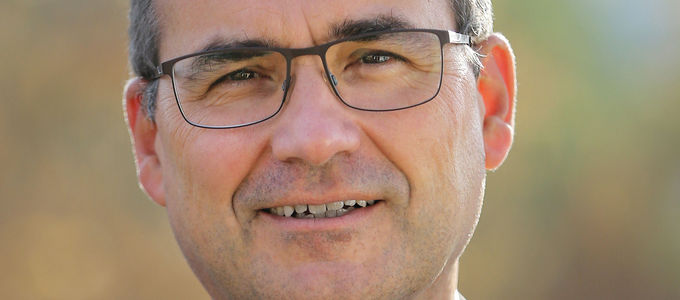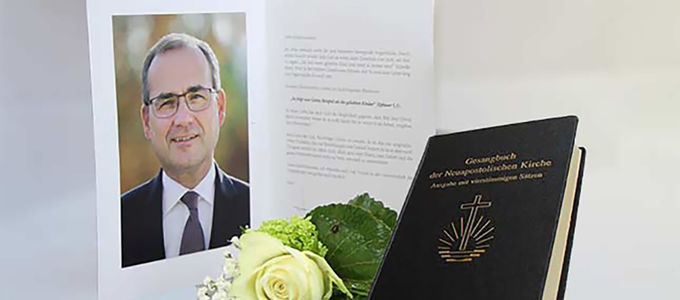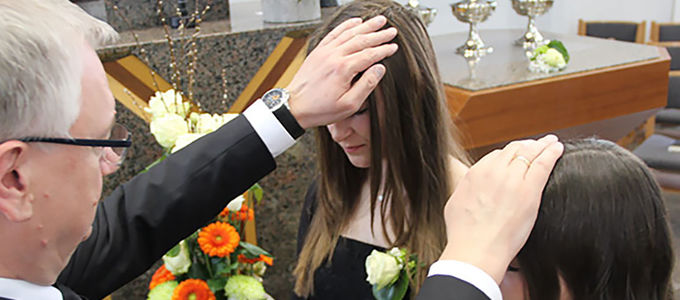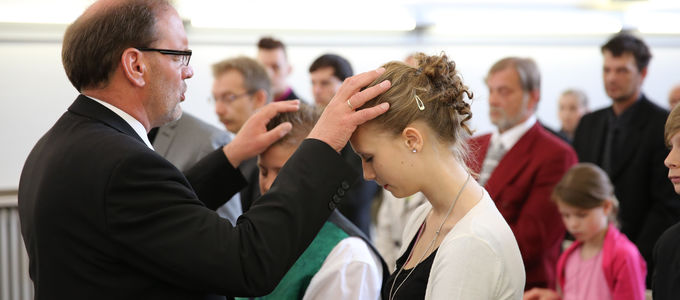Confirmation: assuming responsibility, taking a stand

Who am I? Where do I want to go? These are some of the questions that young confirmands are asking themselves these days. Without reflecting on what confirmation means, this religious offer would be nothing more than mere tradition and liturgy—like a tree without roots.
Making the right decision is really hard sometimes. Older people know that because they were once young. Young people still have to learn that. From their own confirmation they know what young Christians can expect: a special service with a solemn act. They will be called to the altar and will make an extraordinary vow. Friends and relatives will be there to celebrate this special day with them. The churches will likely be packed.
Publicly professing our faith
Now, confirmare, the Latin root, means “to make firm or more firm”. But what is there to be made firm? Why do young Christians have themselves confirmed? The Catechism says that “young New Apostolic Christians take upon themselves the obligations which their parents undertook on their behalf at their baptism and sealing”. From now on “these Christians, who have reached the age of spiritual majority, bear full responsibility before God for everything they do or neglect to do. They commit themselves to faithfulness to God and publicly profess the New Apostolic faith” (CNAC 12.2.2).
They were prepared for this in special classes, and are therefore familiar with the key principles of the doctrine, particularly the Ten Articles of Faith: they have learned to appreciate the value of their faith. They earnestly seek to live the gospel of Christ and focus on the goal of our faith, the return of Christ. The blessing that will be dispensed at the altar seals their pledge toward God: children assume responsibility!
Where do I stand? Where do I want to go?
What does that mean? Before anyone can assume responsibility he has know what for? And he has to know where he stands. A clear position is essential for assuming responsibility. Here is one example of many. A young boy, Jesus of Nazareth, was sitting in the temple in Jerusalem listening and speaking with the teachers. When His parents could not find Him among their friends and relations they returned to Jerusalem. Only after three days did they think to look for Him in the temple. When they found Him and His mother asked Him why He had done this to them, there was a hint of reproach in His reply: “Why did you seek Me? Did you not know that I must be about My Father’s business” (Luke 2: 41–52). This young boy had taken a clear stand. He was in the temple, which interested Him more than the Passover festivities
It is important to assume responsibility
Those who want to assume responsibility have to know who they are, where they are, and what they can do. The 12-year-old Jesus answered all these questions by going to the temple. That is why this Bible story is still so important for young Christians today. It forms a kind of yardstick for their own actions. Encounters with God are important to me, which is why I go to church. The sermon as the word of God is important to me, so I listen often. The togetherness in the congregation is important to me, so I participate. And before you know it, you are ready to assume responsibility. The good thing about it: those who assume responsibility can make decisions, set standards, contribute to growth and development, and have an impact on the world they live in.
“You are not alone.”
Chief Apostle Jean-Luc Schneider writes in his 2018 letter to the confirmands: “In His love, God has given you the opportunity to grow into the image of Christ. If you wish, you can love, forgive, and overcome just as He did! Make it your goal to become an imitator of Christ. This is an ambitious project which requires a lot of effort and patience, but it is worth it!” And it is also clear that assuming responsibility and taking a stand can become a little difficult at times, but even here the Chief Apostle has some good advice for the young people: “You are not alone. You can count on your parents, teachers, and the whole congregation to support you.”
Seen from this perspective, the confirmation services constitute an obligation for the whole congregation: to stand by the young Christians! And the best way to do this is to congratulate them with a: “How nice that you are here!”


















